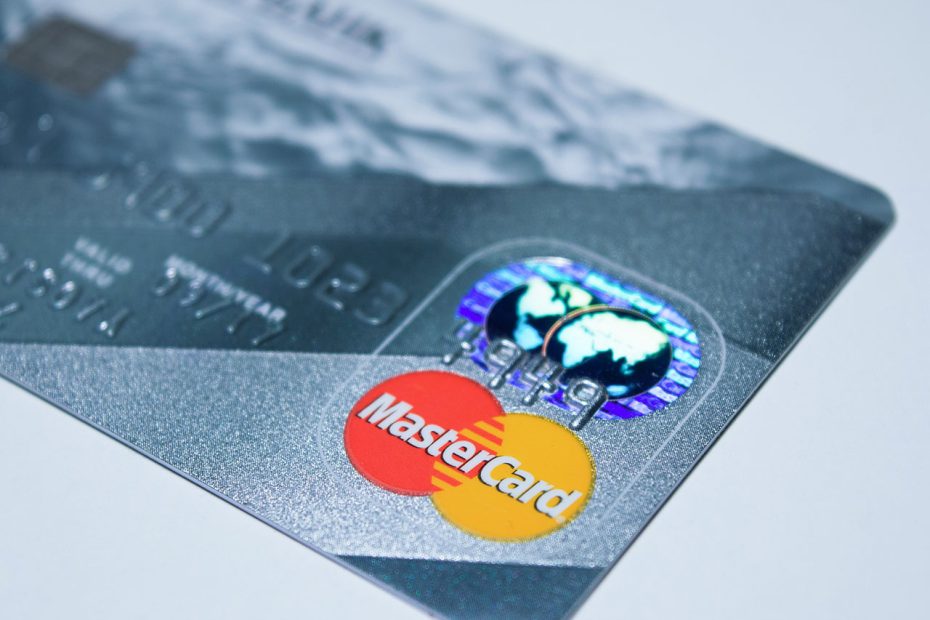Credit cards have become a must-have accessory for most consumers looking for hassle-free, safe and secure in-store and online transactions. The availability of different types of credit cards like cashback credit cards, reward credit cards, co-branded credit cards, fuel credit cards, contactless credit cards, etc., have made it easier for customers to select cards based on their lifestyles and needs. We have curated a list of types of credit cards available in India so that you can select cards aligned with your requirements.
Different Types of Credit in India
- Cashback Credit Cards
- Reward Credit Cards
- Fuel Credit Cards
- Lifestyle Credit Cards
- Travel Credit Cards
- Co-branded Credit Cards
- Entertainment Credit Cards
- Premium Credit Cards
- Gold Credit Cards
- Business Credit Cards
- Student Credit Cards
- Contactless Credit Cards
Details of Types of Credit Cards
1. Cashback Credit Cards
Cashback credit cards allow you to earn cashback on every transaction or purchase. The cashback reward is usually a percentage of the purchase amount, which can vary depending on the card issuer and the type of purchase.
2. Reward Credit Cards
Reward credit cards offer users incentives for every rupee spent with the card. These incentives can come in the form of points, miles, or cashback rewards that can be redeemed against travel, merchandise, gift cards, etc.
3. Fuel Credit Cards
Fuel credit cards are credit cards that offer rewards, discounts and cashback on fuel purchases. These credit cards are usually co-branded cards partnered with popular petrol service providers like Bharat Petroleum Corporation Ltd, Indian Oil Corporation Ltd, and Hindustan Petroleum Corporation Ltd.
4. Lifestyle Credit Cards
A lifestyle credit card is specifically designed to cater to the lifestyle habits of customers. These cards typically offer cashback and shopping discounts on retail spends. If you’re a shop-a-holic, you can use these cards to save more on purchases.
5. Travel Credit Cards
Travel credit cards offer rewards to customers for their travel-related expenses. The rewards come in the form of points, miles, or cashback that can be redeemed for travel-related expenses such as flights, hotels, car rentals, and other travel-related bookings and purchases.
6. Co-branded Credit Cards
Co-branded credit cards are credit cards that are issued in partnership between a credit card issuer and a brand, such as an airline, hotel chain, or retail store. These credit cards are designed to offer rewards and benefits that are specific to the brand, and often provide cardholders with exclusive discounts, access to special events, and other perks.
7. Entertainment Credit Cards
Entertainment credit cards typically offer discounts and offers on movie ticket purchases. Other benefits could include offers and discounts on amusement park visits, theatrical performances and concerts and digital subscriptions, among others.
8. Premium Credit Cards
Designed for high-earners and big spenders, premium credit cards offer exclusive benefits including access to international and domestic airport lounges, insurance cover, and enticing joining offers, to name a few. Generally, these cards charge a high annual fee and are offered to select customers based on their income.
9. Gold Credit Cards
Similar to premium credit cards, gold credit cards offer more benefits and features than standard credit cards. These cards are often marketed to consumers with good credit scores and higher incomes. Gold credit cards are easy to spot as these cards usually come with gold-coloured or metallic finish.
10. Business Credit Cards
A business credit card is specifically tailored for business-related expenses and transactions. These credit cards could help businesses build company credit and increase business cash flow. You can use a business credit card to keep your personal and business expenses separate. These cards also offer cashback, loyalty points, rewards and a host of other perks.
11. Student Credit Cards
Student credit cards are issued to students seeking to pursue higher education. These cards often come with discounts and offers on fuel transactions, buying books, paying tuition fees, etc. The primary difference between a student credit card and standard credit cards is that student credit cards are only issued to students (you have to show your college ID at the time of application). Also, card issuers don’t check the applicant’s credit history at the time of approval.
12. Contactless Credit Cards
Contactless credit cards, also known as tap-and-pay cards are credit cards that use near-field communication (NFC) technology to enable fast, secure, and convenient payments. With contactless credit cards, a cardholder can simply tap or wave their card near a contactless-enabled card reader to make a payment without having to physically swipe or insert their card into the reader.
Advantages of Credit Cards
Here are some of the advantages of credit cards:
1. Convenience
Credit cards are widely accepted and can be used to make purchases online or in-store. They eliminate the need to carry cash or cheques.
2. Rewards and Incentives
Credit cards come packed with rewards programmes that allow you to earn cashback, points, or miles on purchases. These rewards can be redeemed for travel, merchandise, or other perks.
3. Building Credit
Using a credit card responsibly can help you build a good credit history. This could help you if you want to get quick access to loans and other lines of credit.
4. Security
Credit cards are considered to be safer than debit cards, especially for online purchases and offer protection against fraudulent charges.
5. Cash Advances
In emergencies, credit cards can be used to obtain cash advances from ATMs or banks. However, credit card cash withdrawals call for extremely high-interest charges. So, withdrawing cash with your credit card should be your last resort.
How to Choose the Right Type of Credit Card?
You could consider the following pointers before selecting a credit card:
1. Rewards and Offers
Compare credit cards based on the rewards and incentives they offer and whether those incentives are relevant to or match your lifestyle and expenses. For instance, if you use your vehicle frequently, a card offering cashback or waiver on fuel surcharge could suit you.
2. Interest Rates
Compare the interest rates offered by different credit cards, as well as any introductory rates or balance transfer offers.
3. Fees
Consider the fees associated with the card, such as annual fees, late payment fees, or foreign transaction fees.
4. Credit Limit
If you’re a big spender, a credit card with a higher limit could be suitable for you. However, make sure to use a healthy credit utilisation ratio to avoid unnecessary repayment burden. Ideally, you should spend 20% – 30% of your credit card limit.
Final Word
Credit cards, if used wisely, can help you save on your purchases. Just make sure to avoid overuse of cards on purchases that don’t matter. Compare different types of credit cards in India and select the one that suits your requirement.
However, credit cards come with high-interest rates. Also, you might need an alternative in times of emergency financial situations to arrange cash. A better alternative would be applying for an instant Cash Loan to meet urgent financial needs. Download the Navi app, apply and get the loan amount disbursed to your account within minutes.

